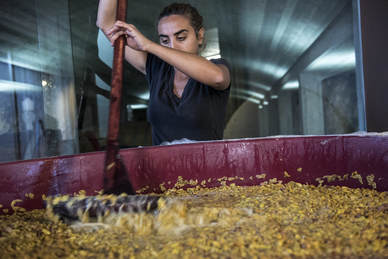
Arianna Occhipinti has been working in the wine business since before she would have been legal to take a sip of vino in the USA. Fortunately for wine lovers Occhipinto hails from Sicily, part of a family steeped in the business of wine. Her uncle, Giusto, is the man behind COS wine and she he was a major influence in her interest in wine. She didn’t just study at her uncle’s knee; she went to college to study viticulture (University of Milan).
Winemaking isn’t just a field of study to Occhipinti. It is something more all-encompassing.
“Making wine is a vocation, a choice, it is life.I know that the wine industry has so many different faces, craft wines, natural wines, industrial wines, conventional wines for everyone and for anyone.” says Occhipinti. “But I also know that wine is first of all craftsmanship; perhaps it can be an art form, the result of the most intimate expression of our soils and of our choices, inclinations and pleasures. I met many people thanks to the wine and some of them managed to capture their soul; wine gives us the opportunity to express our most authentic expression.”
When the moderately knowledgeable wine enthusiast thinks of Italy they think of Tuscany or Nebbiolo from Piedmont: the Barolos, Barbarescus and Gattinaras of the world. Only the few think of Sicily, part of Italy with grapes generally not found elsewhere.
“Sicily has many native grapes; many of these are now almost relics, some definitely abandoned unfortunately. The indigenous grapes are for me the best connection between what I want to express and the territory. Through these varieties we can talk about our soils, the climate of Vittoria, its sands, its calcareous rocks,” she says. “Our wines tell the territory in an authentic way and without excessive mediation; I would recommend trying them because they show all the freshness, the salinity and the elegance of our territory, which never lets us forget that we are at the center of the Mediterranean.”
There is something saline, rocky and exuberant about her wines, be they white or red, varietals or blends. Being true to the area, Vittoria, is paramount.
“In the cellar I work to give value to the characteristics that come from the territory of Vittoria. The wines that derive from these lands maintain a fresh and elegant character thanks to a strong presence of sand on calcareous and rocky layers; it is the soil that often makes the difference here, having more or less similar altitudes,” she says. “Of great consideration also the thermal excursion, the temperatures always quite fresh during the ripening period and the exposure.”
“The blends for me should not be done only in the cellar: I do not vinify everything and then start to do blends. After a few years working with different parcels.” says Occhipinti. “I know them well; I think that one respect to another has a tendency to produce more fruity or salty or mineral wines. Based on these considerations, I chose the vineyards for each wine.”
The white version, perhaps the more obscure of the SP68 wines, is Moscato di Alessandria and Albanello. Usually with more of the former than the latter used in the wine.
“The white SP 68 comes each year from two vineyards of pink sand and limestone,” she says. “The percentage of the grapes varies around 60-40, but can change a little every year depending on the production of the vineyard.”
The red blend is Frappato and Nero D'Avola.
These wines, and indeed all the Occhipinti wines I’ve tried, are unique while at the same time being accessible. People who enjoy the most esoteric natural wines (Occhipinti wines are biodynamic/natural wines) and run of the mill grocery store wines will enjoy these wines. This is, part of making wine to Occhipinti.
“The wines must be able to talk to everyone. I am extremely happy talking to fans and also to lovers. Over the years I have tried to improve and above all I understood that in order to express my terroir I had to be part of the process, but not the main element.”
“I do it in full respect of what I believe should be the inclination of Vittoria wines. I learned reduce interventions to go to the essential,” she says. “I tried to drink and still drink so many wines, this makes me understand what to improve, what's good and what I like most to feel in a wine.”
Occhipinti wants to reach out to all wine enthusiasts, so why make “natural wine”?
“Making natural wine is the only way to make wine that I know.” she says.
The notion of there being some strict line between “natural” wine and “normal” wine is nonsense in any case. Calling a wine “natural” is a nebulous thing. It generally means minimal intervention from a winemaker, not using chemicals as much as is possible. Biodynamic wine is less nebulous in that it has fairly well defined rules (whether all these rules really matter is a matter of question). Occhipinti is not dogmatic, except in the notion that terroir is key.
"For me, a wine is authentic if it has the flavor of the territory it comes from, tells the seasons of the year that I would absolutely like to hear and the choices of those who do it, without ever distorting the substance.” says Occhipinti. “This can only be done by making natural wines, because they are strongly linked to the territory of origin; in addition to the total abolition of chemical additives both in the vineyard and in the cellar, they are wines that respect the place where they come from and also the health of those who drink them.”
She notes her practice includes putting together different methods: organic, natural and biodynamic farming. Respect for nature and taking care of the land while trying to make the best grapes to be vinified come together in Occhipinti’s world.
“There is a new white vineyard on the Iblei Mountains, there are other parcels from which I started making single vineyard wines, then there is wheat and an agriculture to be improved and then I hope there will also be a family.” she says.
Find out more HERE.

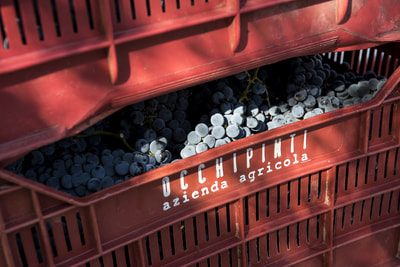
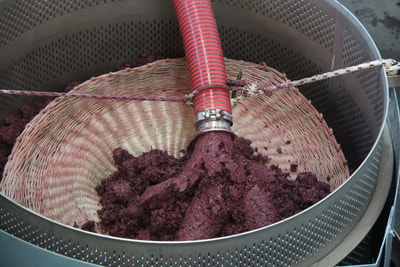
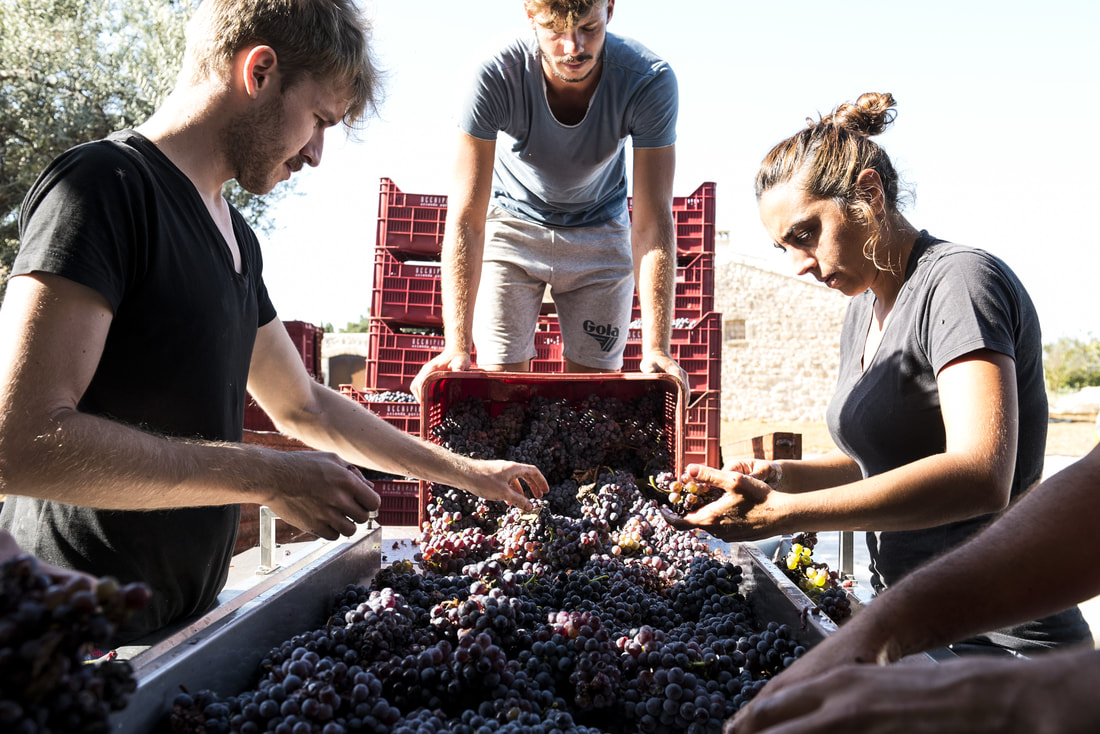
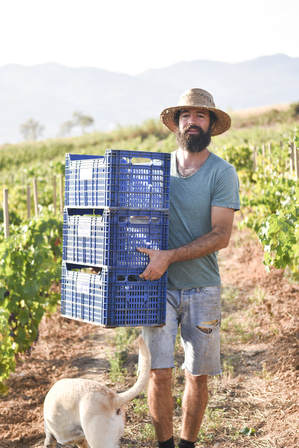

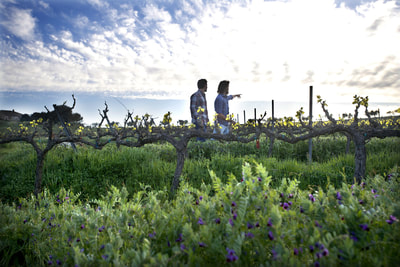
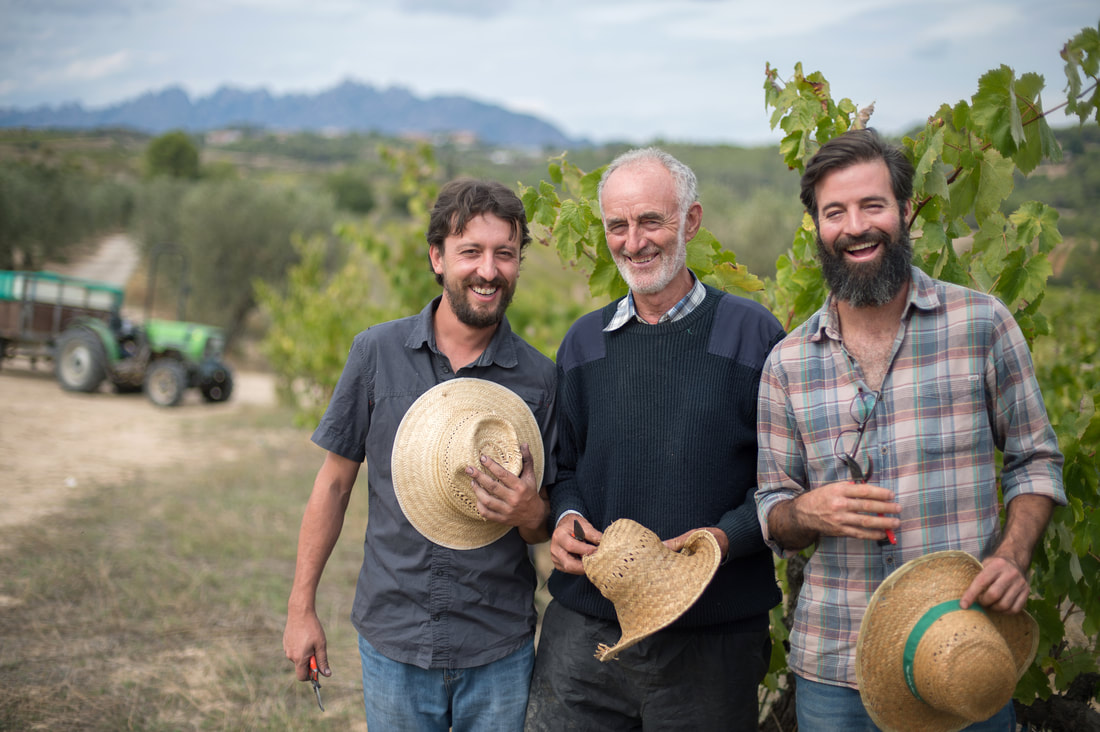
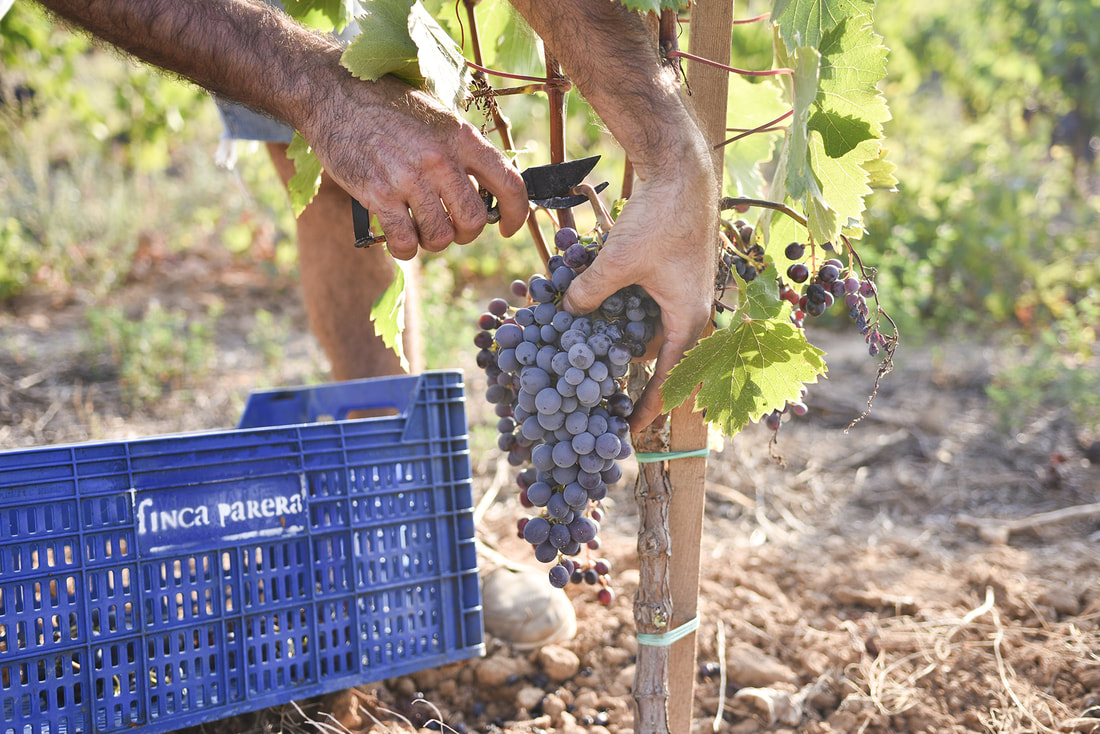
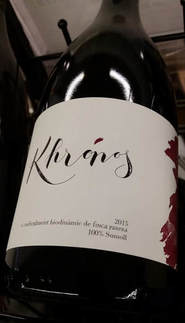
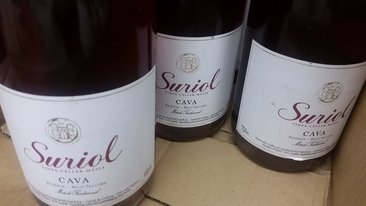
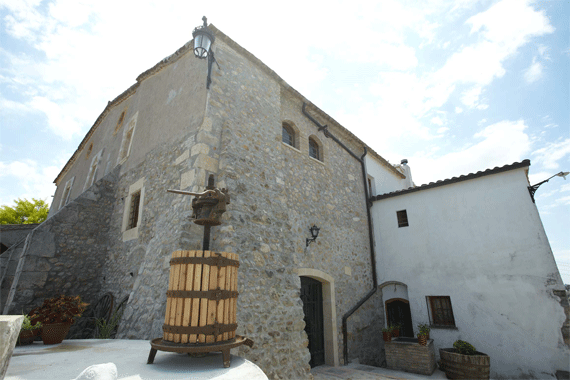

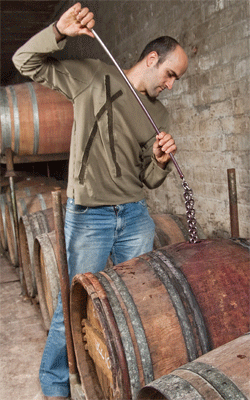

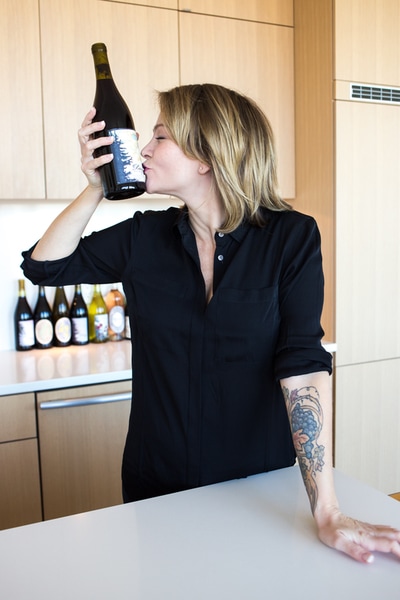

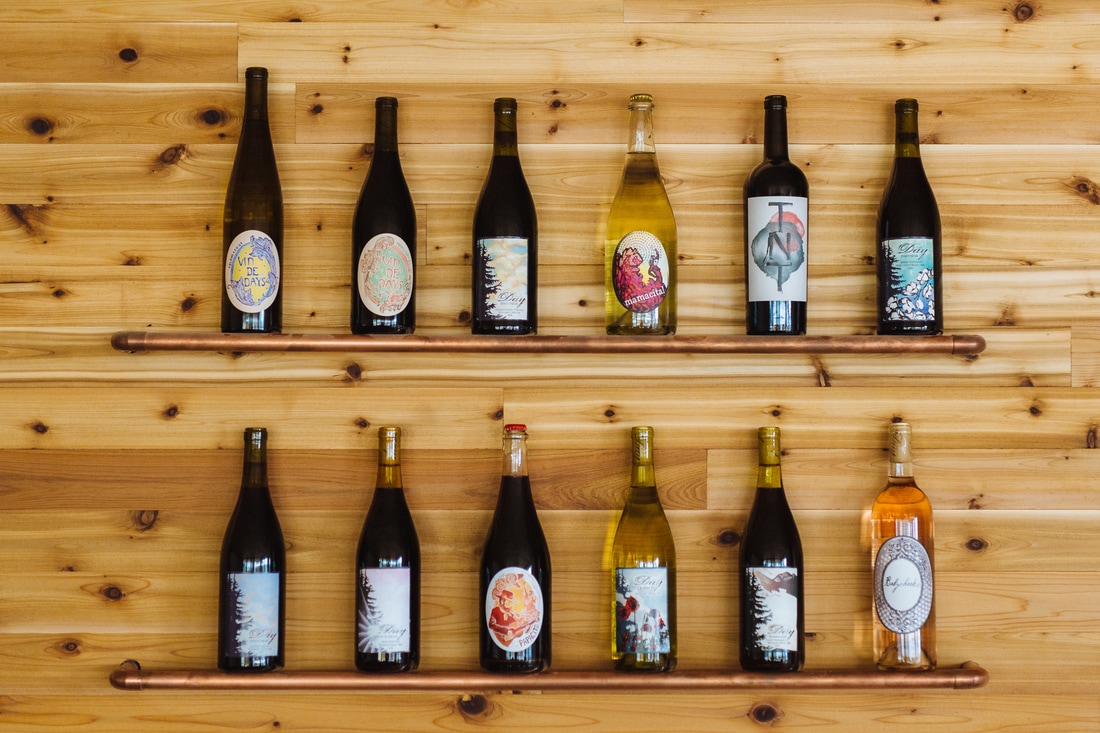
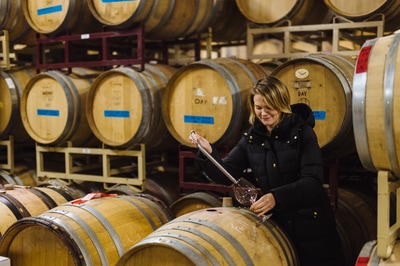
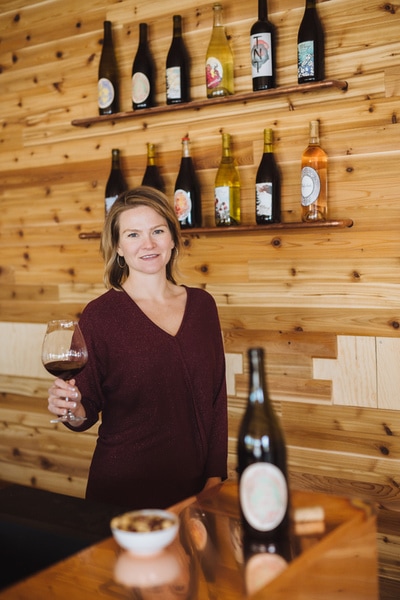

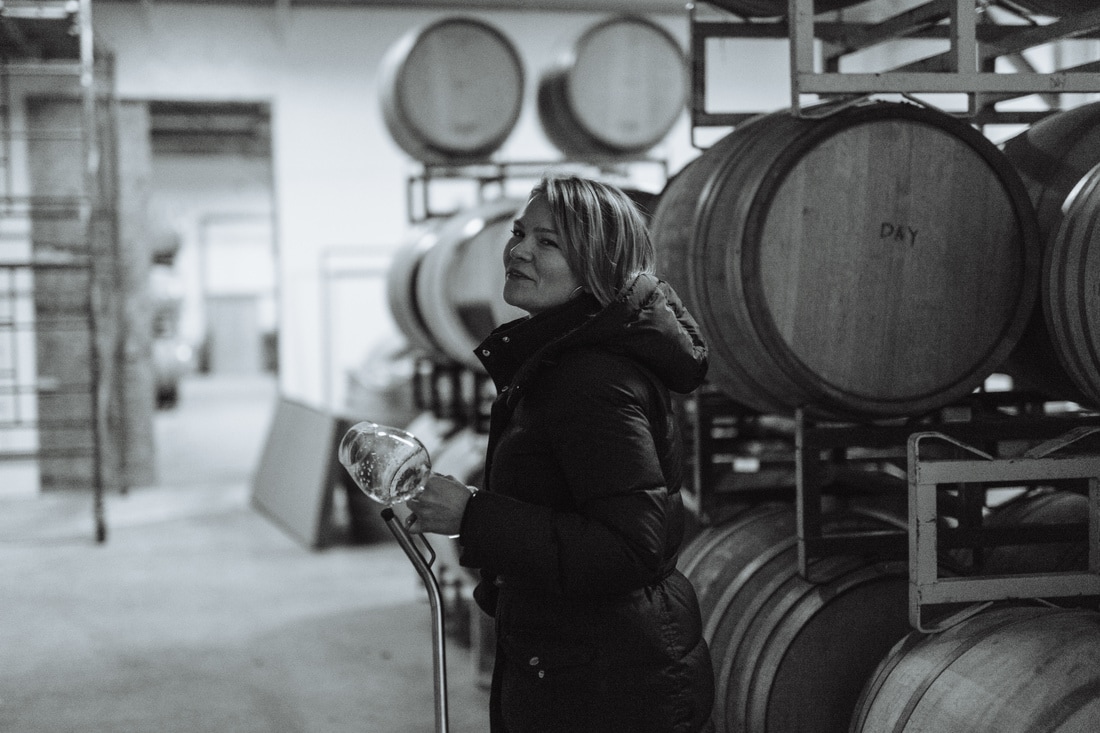
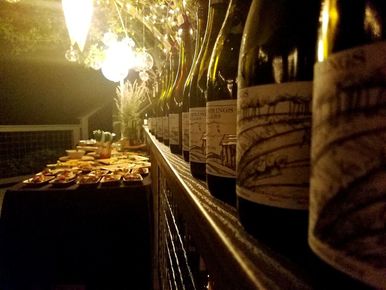
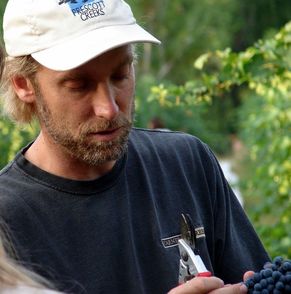
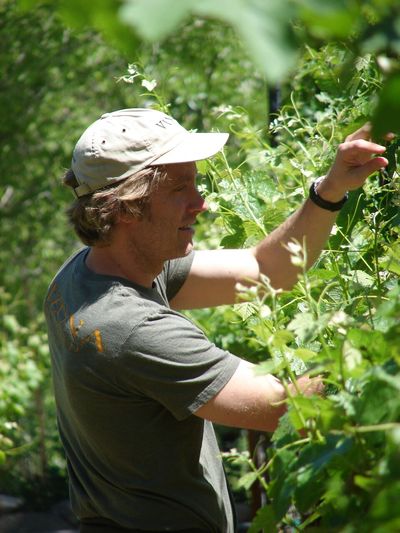

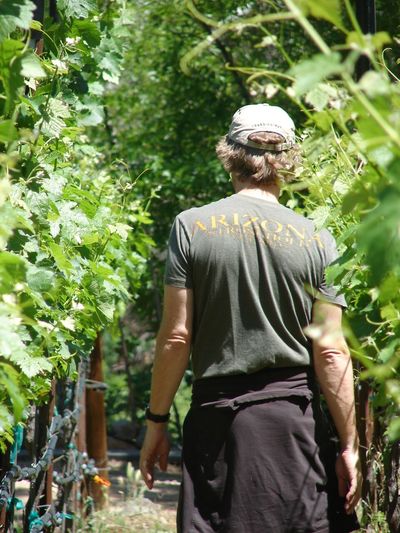
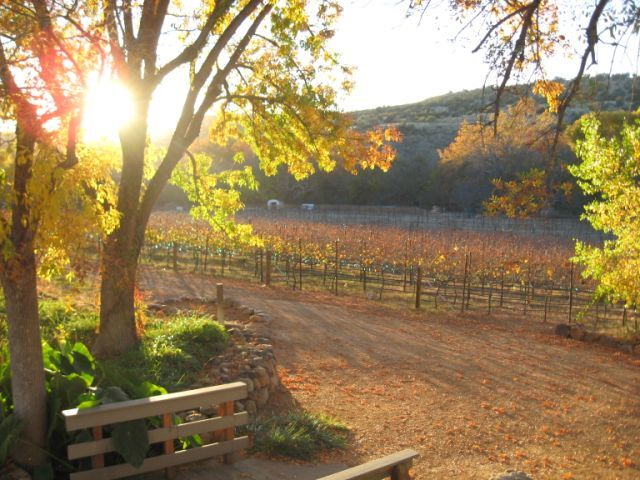
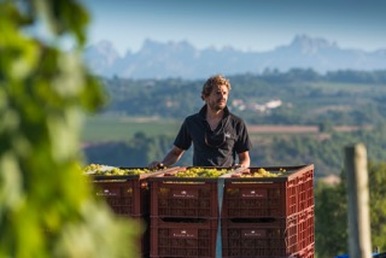
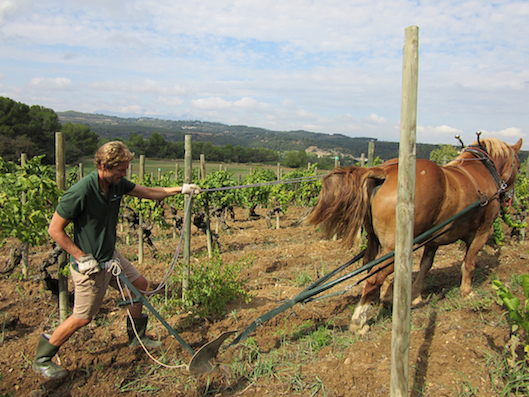
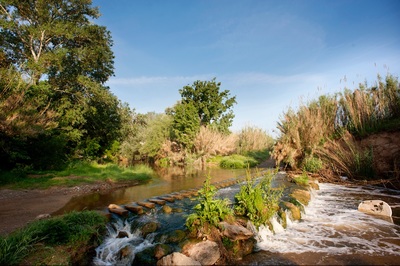
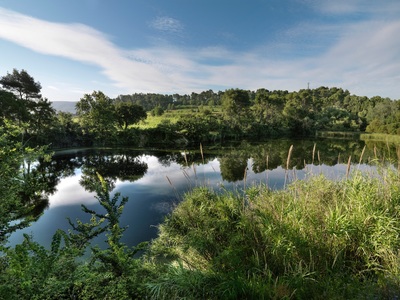
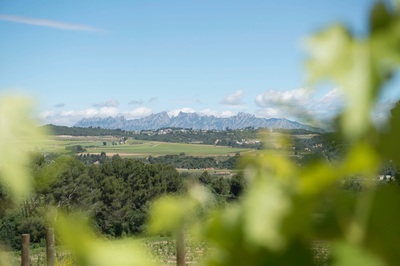
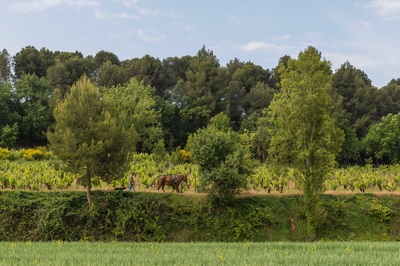
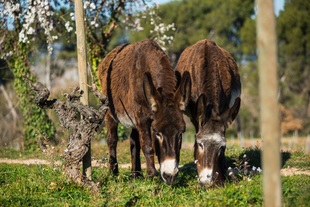
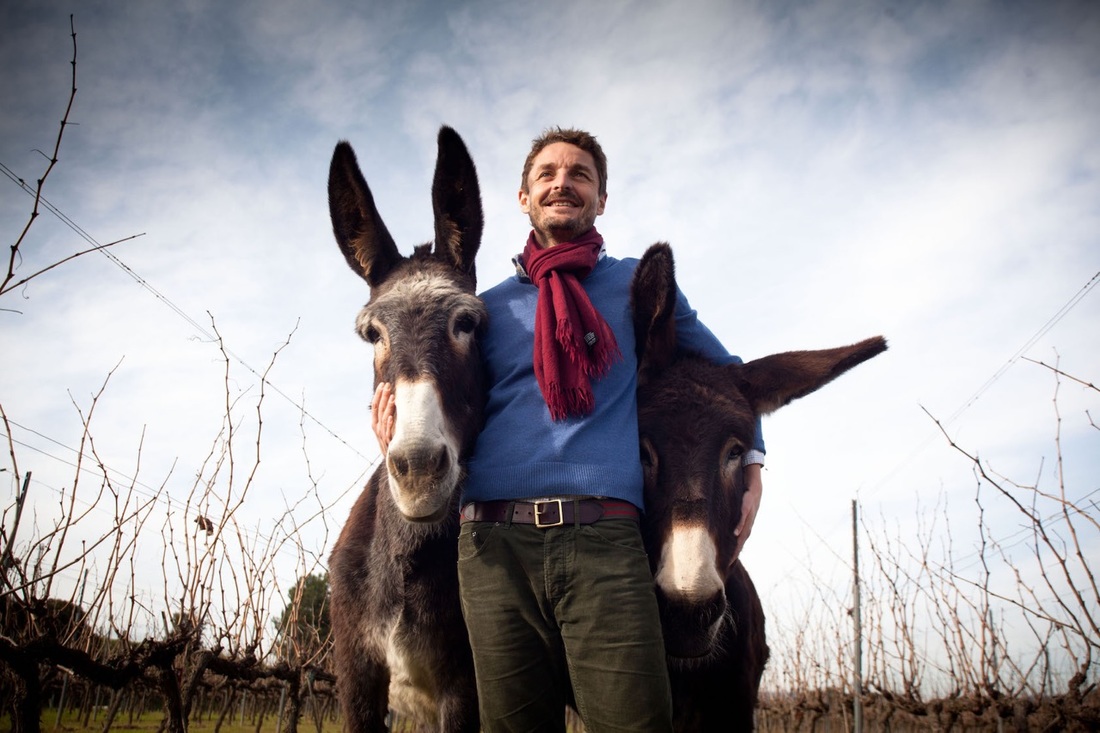


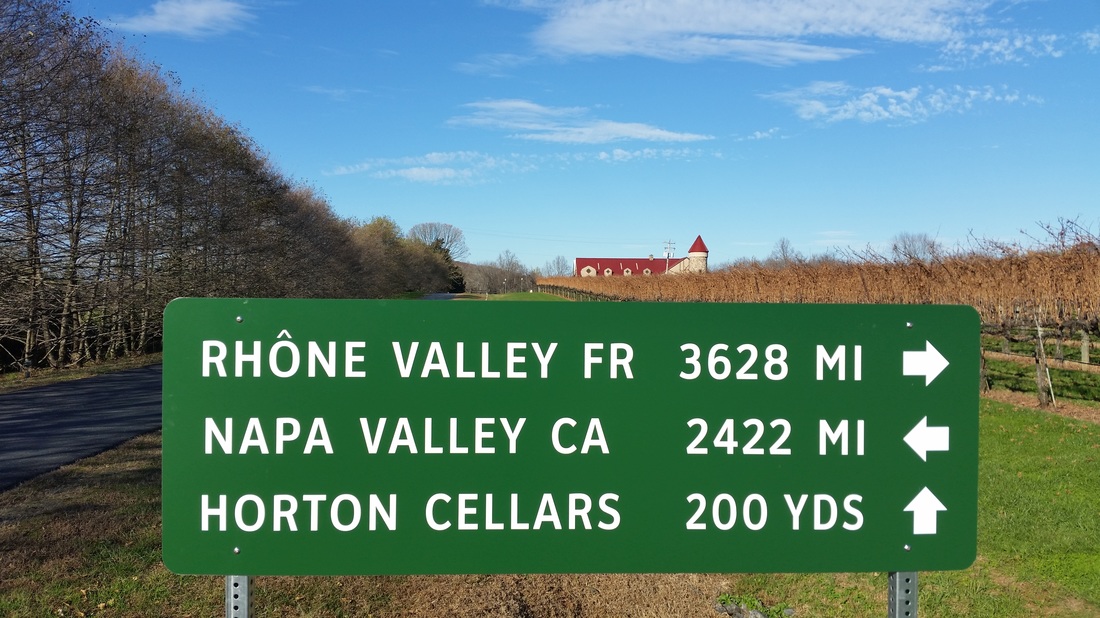
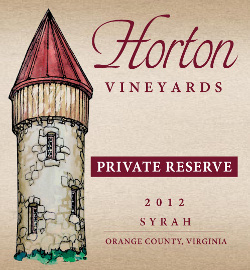
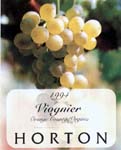
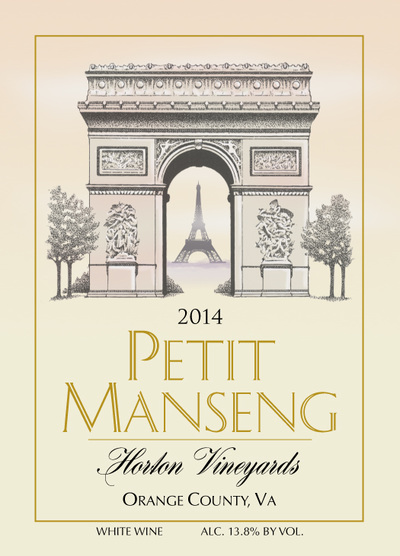
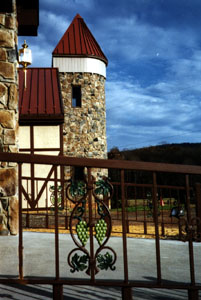
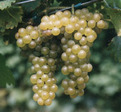
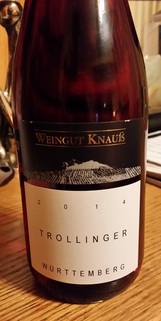

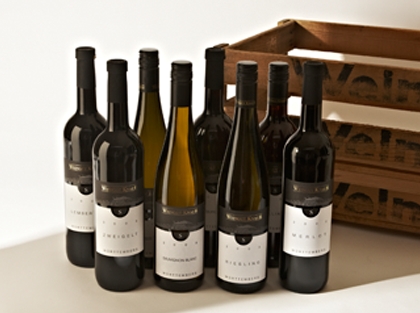

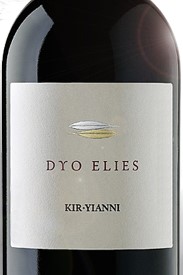
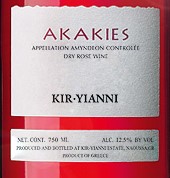
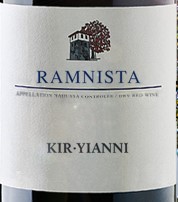
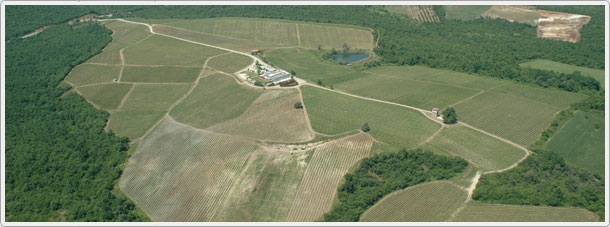
 RSS Feed
RSS Feed